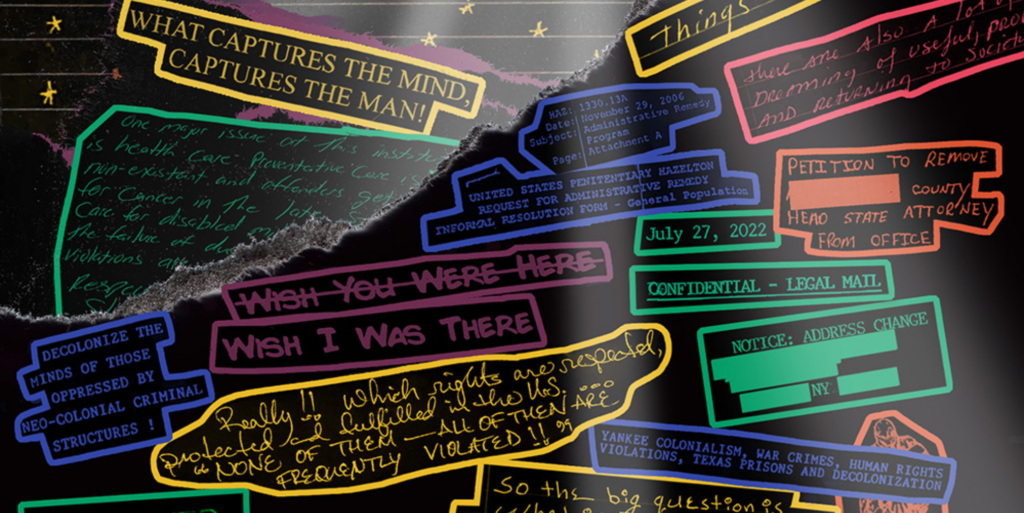Originally posted on the HowlRound blog.
Talk a little about what being in a residency means to you as an artist and how the notion of residency influences your artistic practice?
To me, a residency is a commitment between the artist and the institution where both recognize a similar interest in how one can help the other affect the dialogue amongst a community. The measure of that success occurs after the artist has completed their residency (provided it’s a short-term one.) If the company still incorporates the resident’s work in their programming and the community knows they played a role in the artist’s development, I think it’s been a worthwhile time.
One of the reasons Oskar [Eustis] reached out to me is that my voice aligned with The Public’s mission to present work that was inclusive, compelling, and challenging. So becoming a resident didn’t influence my artistic practice as much as it intensified it. It allowed me the time to dive into some more complicated themes I’ve wrestled with in my work and refine the stories around those topics.
What are you working on during your residency?
I came into my residency developing The Urban Retreat. It’s a piece I’ve been working on since 2009 that looks at the current state of mainstream Hip-Hop, Black culture, and masculinity in America. In May of 2014, it was presented as a workshop at the Public.
The resources of the Tow Residency also allowed me to attend rehearsals for the world premiere of my play, Down Past Passyunk, at Philadelphia’s InterAct Theatre Company. The ability to be in the room with the cast, director, and designers helped me refine the story of American identity and fears around immigration. The time I was able to commit to the show led to a successful run, as well as two Barrymore Awards for Best New Play and Best Overall Production of a Play.
In the summer, I decided to go back and rewrite a flawed piece that I love called Juneteenth. On The Public’s recommendation and with the support of the Vineyard Arts Project, I spent a week on Martha’s Vineyard retelling the story from page one. The financial support allowed me to go away without the fear of falling into a fiscal hole. I was able to dive into complicated themes such as views on Black political power, social conservatism, and sexuality.
Additionally, I’ve re-launched a series of podcasts on The Public’s website in order to connect with audiences near and far. Sadiddy: The Storytellers’ Podcast gives me a chance to address thoughts about the current state of theater to an online community that may not be able to come to The Public, due to distance or cost. I also get to provide a platform for other emerging writers to introduce themselves, talk about their work, and react to trends in our field.
How do you define home as a playwright? How important is it to have a place you call your “artistic home?”
“Artistic home” has to be a place where your work is fully produced. Period.
Play development has become its own beast in our field. I’m proud to have been a part of groups at places like the Lark Play Development Center, New Dramatists, and Ars Nova that have given me the resources to develop and refine my work and my voice. Institutions like these are vital to the growth of artists. They provide a place where you can fail without the pressures of producers telling you what would be best for the play they want to produce, instead of the piece the playwright wants to write.
However, it’s troubling to me when theater companies take on resident playwrights without committing to fully produce the work of those writers—particularly with regard to emerging writers. If they are to ever move beyond “emerging,” they need to be given the trust to confront an audience. That’s what makes a resident feel like they have a home at a producing theater. Home is a place where you can be unafraid to be yourself. Not producing your resident tells them the theater doesn’t believe in them, so nothing short of production(s) can make a theater an “artistic home.” Otherwise, you just have another staff member, not a resident playwright.
What are your aspirations as a playwright? When you imagine yourself ten years from now, where are you and what are you doing?
My greatest aspiration is to get the American theater to present more stories about contemporary African American issues. For whatever reason, the majority of major productions about the Black experience focus on the Civil Rights era or prior. It’s vital to know that history, but my generation’s existence has been largely ignored in major ways that are hard to justify when I talk to younger artists.
Also, I want to encourage the creation of a “Netflix for Plays.” It’s ridiculous to me that we as an industry haven’t invested heavily in figuring out a way to contractually and technologically do this. I grew up in Fresno, CA. The nearest LORT company to me was Berkeley Rep, which was 187 miles away. If I could have gone to it, I would have and I know I wasn’t alone in that.
In ten years, I’m a showrunner for my own TV series as well as a regularly produced voice in the theater. I love to tell stories, no matter the medium.
Read @ HowlRound
